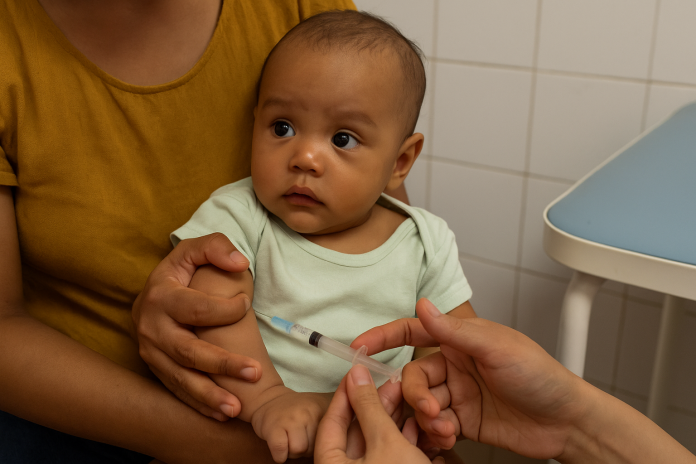A landmark study published in BMJ Global Health reveals that emergency vaccination campaigns have reduced deaths from major disease outbreaks by nearly 60% since the year 2000. Conducted by Gavi, the Vaccine Alliance, in collaboration with Australia’s Burnet Institute, the research analyzed 210 disease outbreaks across 49 low-income countries over a 23-year period.
The findings underscore the life-saving impact of rapid vaccine deployment during emergencies involving cholera, measles, yellow fever, meningitis, and Ebola. For yellow fever alone, vaccination campaigns slashed deaths by 99%. Ebola fatalities fell by 76%.
“This study proves the unmatched power of vaccines to save lives and prevent suffering,” said Gavi CEO Sania Nishtar. “It also highlights how swift, coordinated action can change the course of a deadly outbreak.”
Beyond Health: Vaccines Deliver Major Economic Benefits
The report also calculates that emergency vaccination efforts have yielded nearly $32 billion in economic benefits, mainly through lives saved and years of productivity preserved. For instance, the 2014 Ebola outbreak – which occurred before a vaccine was available – cost West Africa an estimated $53 billion. Later outbreaks with vaccine access fared significantly better, both in human and economic terms.
Breakdown by Disease
- Measles: 59% drop in cases, 52% drop in deaths
- Yellow Fever: 99% reduction in deaths
- Ebola: 76% fewer deaths
- Cholera: 28% fewer cases, 36% fewer deaths
- Meningitis: 27% fewer cases, 28% fewer deaths
Looking Ahead: Building Resilience
The report also emphasizes that emergency response alone is not enough. The COVID-19 pandemic showed how disruptions to routine immunisation can lead to dangerous backslides in vaccine coverage. Gavi’s 2026–2030 strategy includes:
- Expanding global vaccine stockpiles
- Accelerating access to vaccines for emerging threats like mpox and hepatitis E
- Investing in prevention campaigns in high-risk areas
“We already have the tools to prevent many of the world’s deadliest diseases. The key is ensuring equitable access and rapid deployment when the next outbreak strikes,” said the report.




